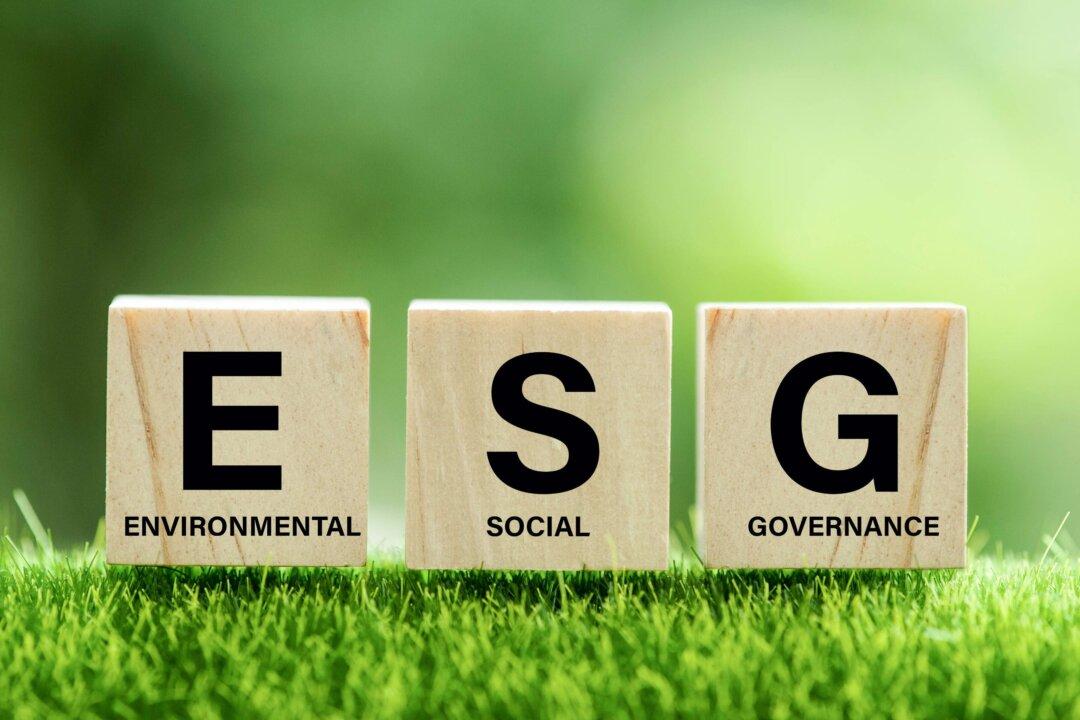Commentary
In America, if environmental, social, and governance (ESG) and diversity, equity, and inclusion (DEI) mandates are accepted in their current form, capitalism will most likely be destroyed.

In America, if environmental, social, and governance (ESG) and diversity, equity, and inclusion (DEI) mandates are accepted in their current form, capitalism will most likely be destroyed.